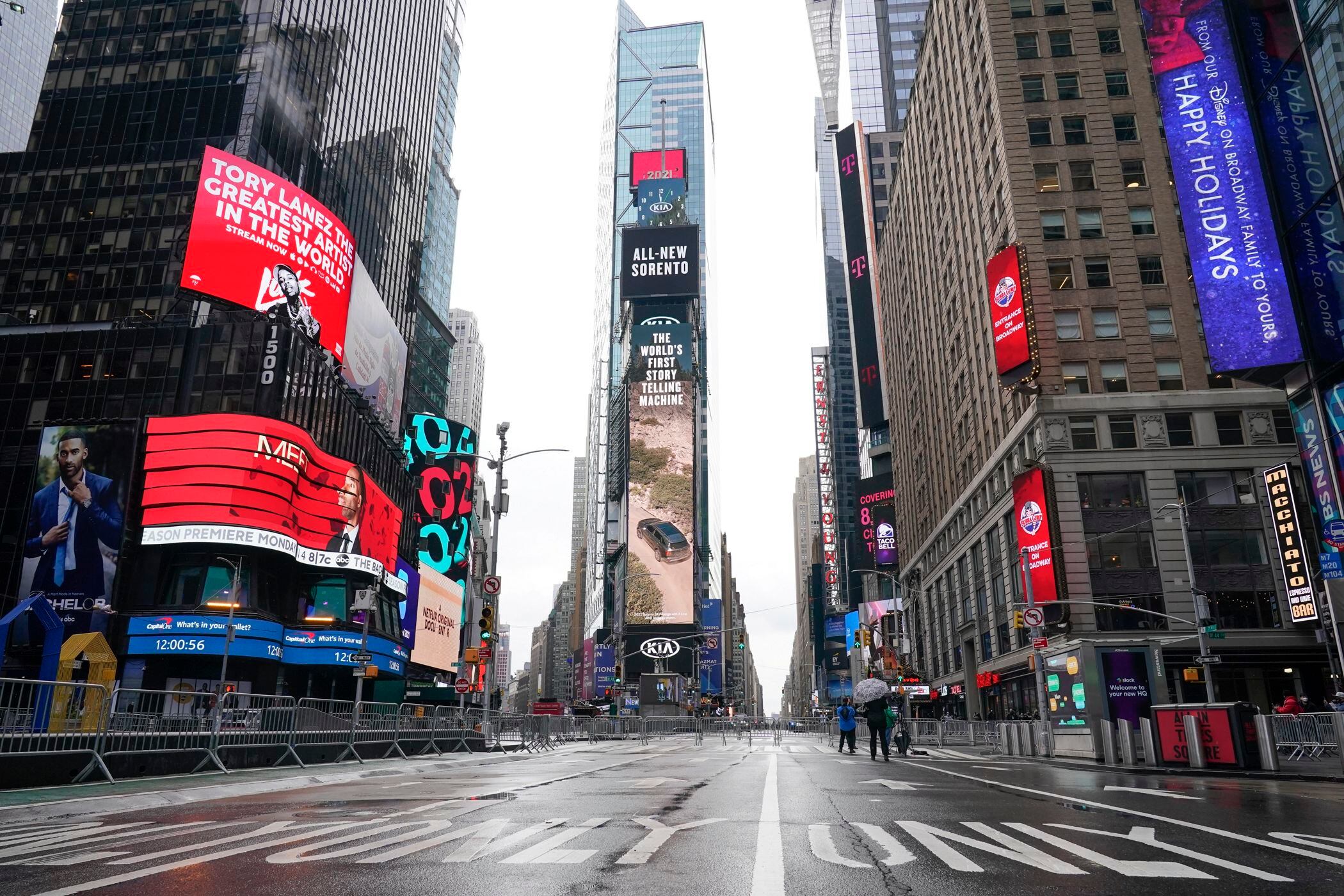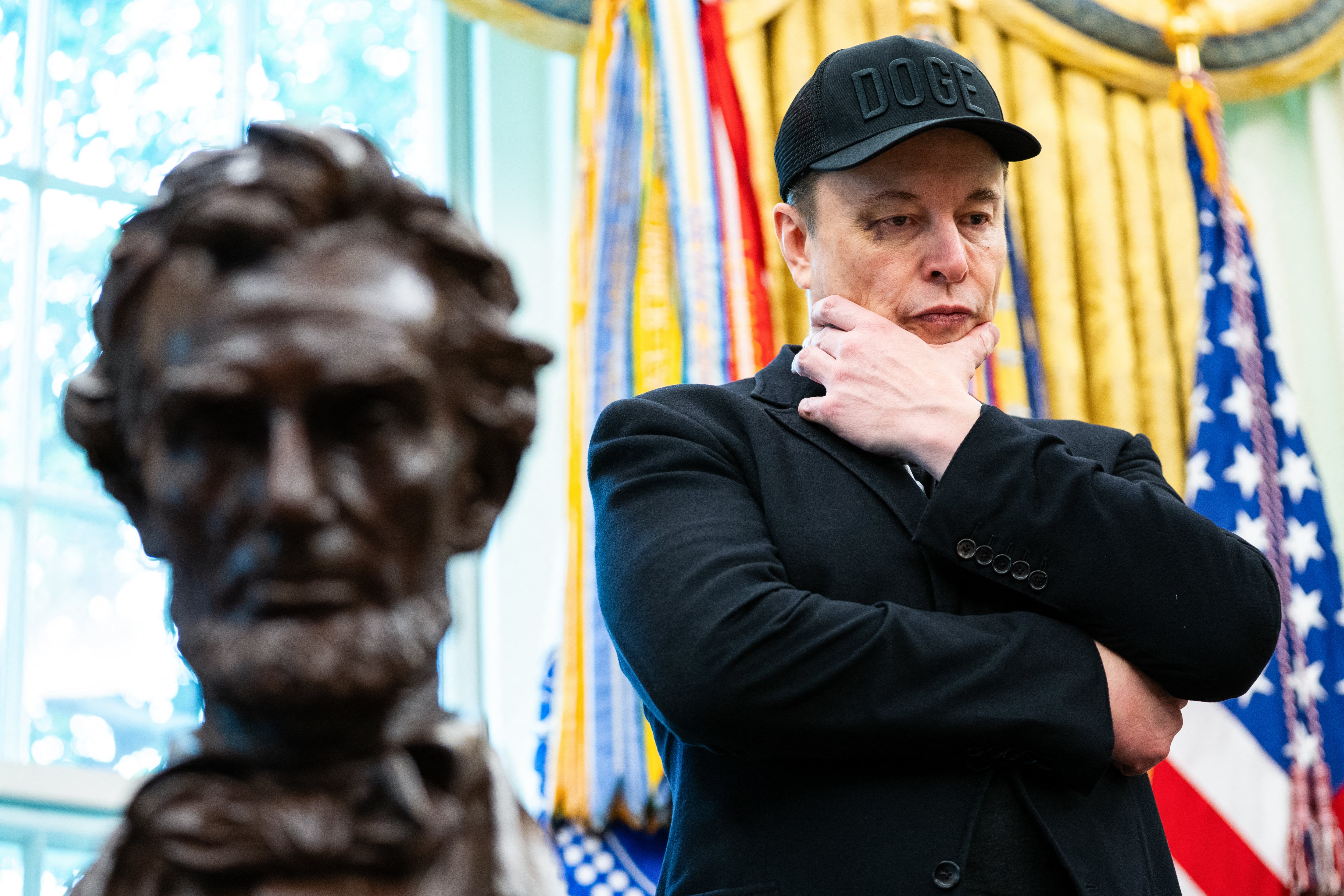From Wall Street to Silicon Valley, these are the top stories that moved markets and had investors, business leaders, and entrepreneurs talking this week on Cheddar.
VOLATILE YEAR ENDS ON RECORD HIGHS
Stocks ended the shortened final week of 2020 mostly up, following a year that saw some of the most volatile swings in memory. The Dow, S&P, and Nasdaq ended the year up 6 percent, 15 percent, and 42 percent, respectively. At the same time, 19.5 million Americans go into 2021 receiving jobless benefits. They will be helped, at least in the short term, by the stimulus package that President Trump signed into law after nearly a week’s delay. The bill provides for an additional $300 of weekly unemployment benefits, billions for small businesses, and one-time $600 direct cash payments to most Americans, which are going out now. With the U.S. economy still severely hobbled, China is now on course to become the world’s largest economy in 2028, five years earlier than anticipated, according to the London-based consultancy CEBR. The acceleration is due to China weathering the pandemic better than the West. India is also expected to leapfrog over Germany, Japan, and the UK into third place by 2030.
ASTRAZENECA LAGS VAX MAKERS
Britain became the first country to approve the coronavirus vaccine developed by AstraZeneca and the University of Oxford, giving the UK enough supply to vaccinate its entire population. That vaccine is incredibly important to ending the pandemic around the world because it is cheap to make and easy to store. The head of Operation Warp Speed said the U.S. likely won’t see the AstraZeneca shot approved before April due to some lingering questions about its efficacy in certain groups. UK-based AstraZeneca has seen its stock go basically nowhere all year — in contrast to some of the other vaccine makers like Pfizer and Moderna — partially because the company has pledged to give away the vaccine at cost.
HOLIDAY RETAIL SALES
Retail sales (physical and online) between Nov. 1 and Christmas Eve grew by 3 percent, according to preliminary spending data from Mastercard. But the real story was e-commerce: online sales grew by a whopping 47 percent over last year’s holiday season, while foot traffic to stores fell by at least a third. Indeed, e-commerce was far and away the biggest trend in retail in 2020. Grocery delivery went mainstream, Walmart debuted its Prime competitor, Walmart+, Amazon grew even more powerful (the stock is up some 75 percent on the year), not to mention countless smaller retailers who pivoted on a dime to an omnichannel approach.
BITCOIN'S BANNER YEAR
Bitcoin ended the year on a sustained hot streak, touching $29,000 for the first time on the last day of the year after hitting several all-time highs. The digital currency was up almost 50 percent in December alone, helped along by a growing acceptance on the part of big institutional banks and from investors looking for a hedge on inflation. The crypto space will see plenty of headwinds in 2021, from regulatory pressure to sustained worries about its volatility as an asset class. But if you bought BTC before the pandemic, you could have quadrupled your investment.
RETURN TO THE SKIES
American Airlines Flight 718 took off from Miami Tuesday morning and landed in New York just after 1 p.m. It was an uneventful flight — except for the fact that it was the first time a Boeing 737 Max flew in U.S. skies since the jetliner was grounded nearly two years ago. American is the first domestic carrier to start to ease the Max back into its rotation. United, Alaska, and Southwest will follow in the coming months. American is allowing any passengers who don’t want to fly on the plane to rebook their trip. With the 737 Max question no longer a drag on Boeing stock, the airplane maker still enters the new year facing the prospect of a long and uneven recovery for the travel sector. The airline industry’s own trade group doesn’t see air travel rebounding to 2019 levels until 2024. Boeing’s defense contracts should help buffer it from what’s expected to be at least another year of sluggish orders from airlines.









